Category: Science News
-

Hurricane Hunters
Most of you must have heard about storm chasers but can someone actually hunt the storm and track then while they are building up. Well, there are drones made by NASA that follow the hurricanes. There has been a lot of opposition on the usage of drones to kill the enemies, but this seems like…
-
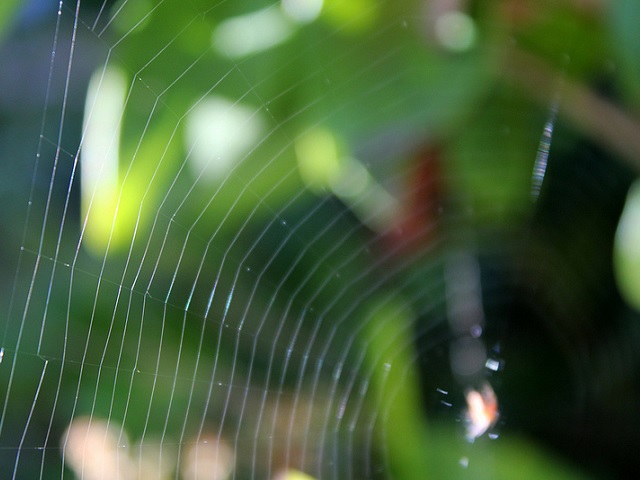
Spider Silk or Electrical Conductor?
Spider silk is astonishingly strong and sturdy. No wonder Spiderman roams around the city using the spider silk as steel bars. It is finer than a human hair and five times stronger than the steel wire of the same diameter. It is extremely stretchable, and some kind of spider silk can also transmit light. Looking…
-
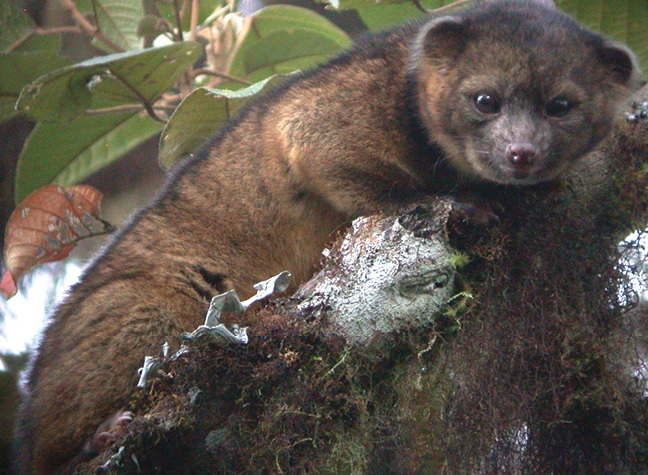
New mammal Discovered
New scientific discoveries are not very uncommon these days. But to discover that an animal that scientists for years mislabelled as an existing mammal called Olingo, is actually a new mammal altogether is thrilling and absurd both. The new mammal has been named olinguito. The animal looks like one with body of a raccoon and face…
-
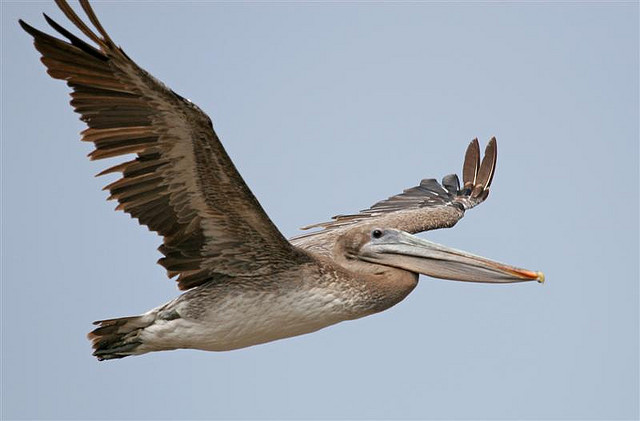
Catch a Bird on Tape?
Professor David Lentink and his students of Mechanical Engineering at Stanford are trying something new. They want to create spy drones to be as perfect as the birds of nature. Ever noticed a pigeon flying gracefully in the sky, over the buildings and in strong winds without falling down? That is how these people want the…
-
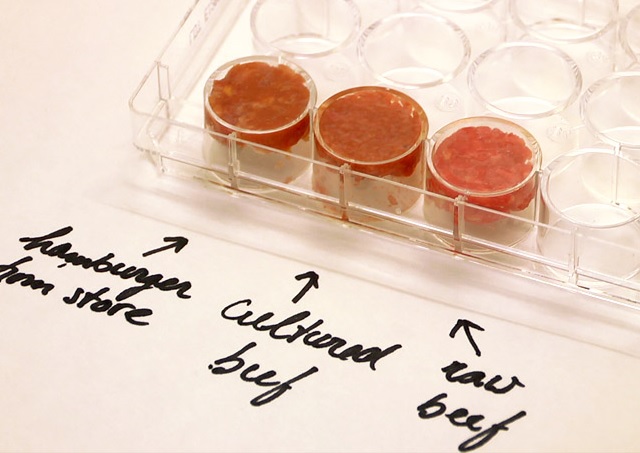
The Laboratory Burger
Some time back we heard about food being printed. Yes, scientists are working on something miraculous, just print your food. A new kind of burger that is not cooked in the kitchen but made in a laboratory was tasted for the first time in London on Monday. Scientist Professor Mark Post of Maastricht University produced the…
-

Invisible From Mosquitoes?
Wouldn’t everyone love to have an invisibility cloak from mosquitoes? Aren’t they annoying, buzzing creatures that suck your blood and give you a red itchy swollen patch on your skin? And this is when they are doing damage at the least. When they are most sinister, they can cause fatal diseases like dengue fever, malaria…
-

To Catch or not to Catch The Asteroids
Have you ever caught the star? If you were a Dora fan, I am sure you must have ;) NASA intended to capture an asteroid and study it. For that, it wanted to launch an unmanned spacecraft in 2018 to bring the asteroid closer to earth and then send scientists up in the space to…
-

Fresh Food for Longer!
Do you wish there were a way to keep food fresh forever? All the hunger problem of the world will be solved. You must have noticed even after keeping the food in the refrigerator, the food starts smelling a bit funny after a few days, and tiny mold starts growing if you leave it any…
-

First Ever Talking Robot Astronaut
Here is another one of ‘firsts of space’. Japan is all set to send a talking robot astronaut in space which will be the world’s first. The robot is named Kirobo- a combination of Japanese word ‘kibo’ meaning hope and ‘robot’. Tiny Kirobo is just 34 centimeters tall and weighs only about 1 kilogram. Kirobo is…
-

The Big Brain
Scientists have successfully created a high resolution 3D model of the brain that they have named ‘The Big Brain’. The model will give a 3D insight into the human brain and will enable the user to observe microscopic details of the brain. It’s almost like studying a real human brain, may be even better! How…
-

New Layer in Human Eye Discovered
Till now, all of us knew that only five layers existed in the eye. But recently, an Indian ophthalmologist, Harminder Dua working at University of Nottingham, has discovered another layer in the eye at the back of the cornea. No wonder this layer was immediately named after its discoverer and called Dua’s layer. The layer…
-
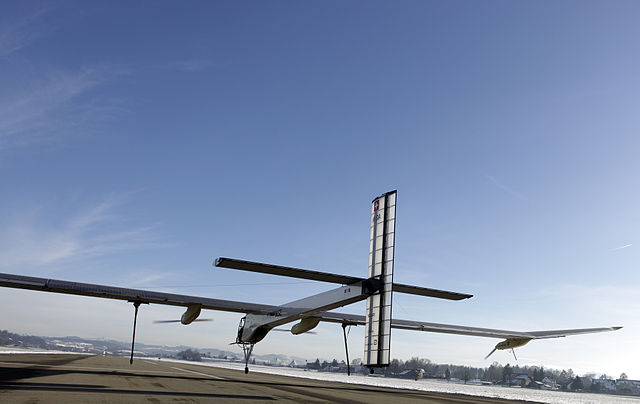
Solar Plane Impulse
No fuel, No batteries but this plane aims to fly across the US. How so? By using the Solar energy :) Isn’t it brilliant, conserving the energy from the Sun and using it to fly the plane. This solar plane known as the Impulse took off last Friday from San Francisco, California. After flying for 18 hours…